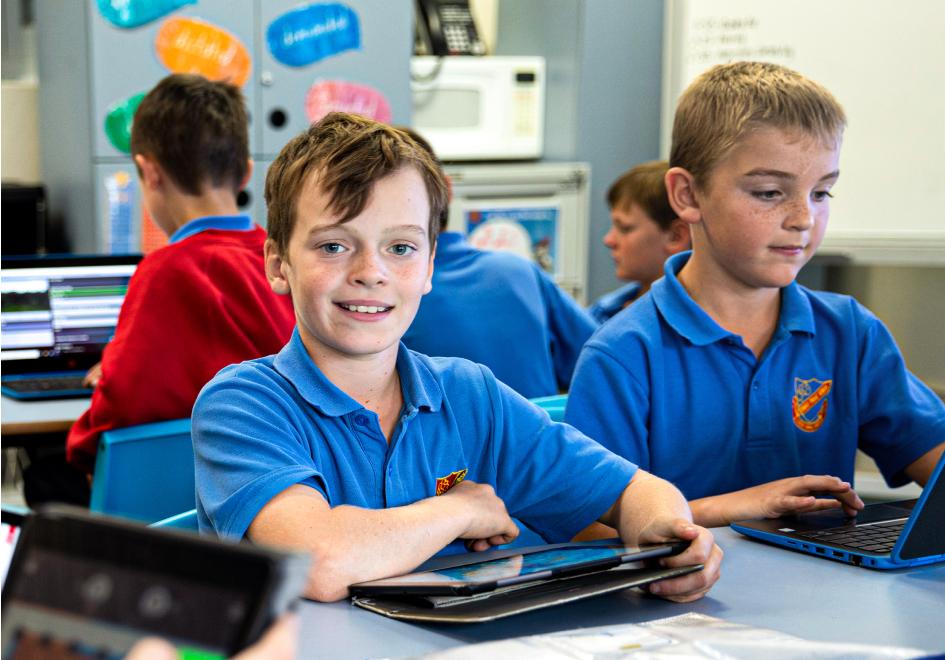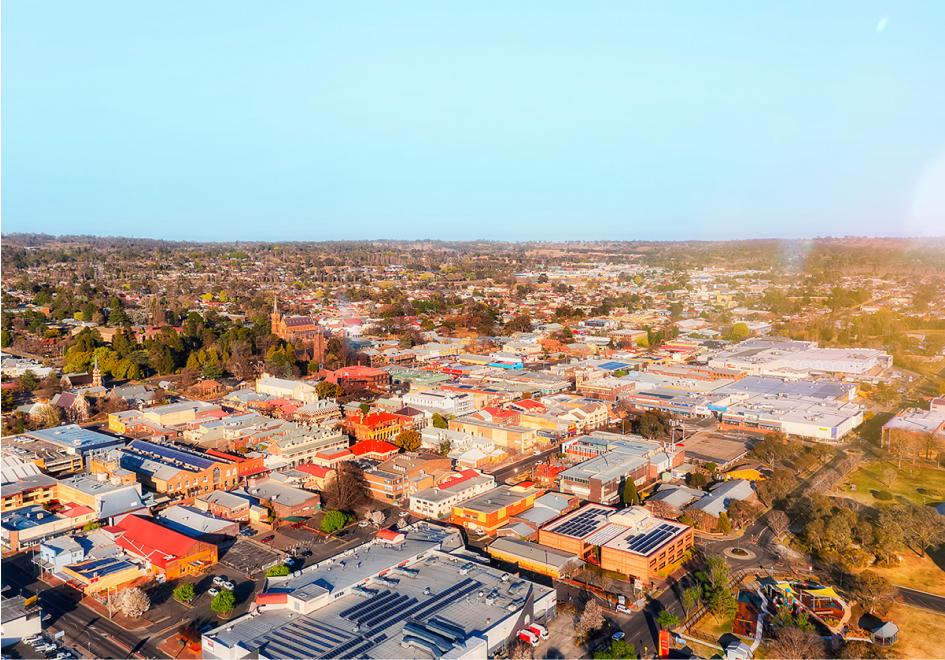
Accessibility NSW
Leading the way for accessibility in NSW
Accessibility NSW is leading the way in Australia in ensuring that everyone, regardless of their ability, situation, or background, can use ICT and digital products and services. The team's achievements illustrate their commitment to equipping NSW Government staff with the tools and knowledge needed for accessibility.
Since the launch of the latest version of the Digital Accessibility Toolkit, it has received over 14,000 page visits, showcasing its widespread use. They've advised over 40 government teams on accessibility and conducted accessibility audits for six critical digital products.
They've also established a network of Accessibility Ambassadors across all of NSW Government dedicated to promoting accessibility training and initiatives. In October 2023, they rolled out the "Fundamentals of Digital Accessibility," a learning module available to all government employees through MyCareer and have additional modules in development.
A key goal for Accessibility NSW is to establish clear accessibility guidelines integrated into procurement, design, and communication processes. The team have engaged with over 200 participants, including buyers, suppliers, procurement experts, and people with disability, seeking input to set policies for the upcoming 2023-24 financial year.

Rural Access Gap
Bridging the digital divide for tomorrow’s generations
The Rural Access Gap (RAG) program is closing the equity gap in digital education and opportunities for rural, regional, and remote NSW schools. Led by the NSW Department of Education, this program invests in the digital maturity of rural NSW communities for generations to come.
Through new technology and expert digital support and training in 1064 schools, this direct intervention package has positively impacted 22,000 teaching staff, 218,000 students and 6,500 administration support staff. The program is also building more robust, responsive, and reliable distance education platforms and online tools with quality and accessible teaching resources to help reduce administrative burden and save time.
With six months remaining, the program has already completed the installation of interactive displays at 1050 schools and delivered 100% of teacher devices, enabling digital classrooms for 17,891 teachers. The program has also achieved 93% of student device deliveries, improving the device-to-student ratio from 1:6 to 1:4 at 1013 schools.

Transforming Language Services
Effective communication technology for community and first responders
The Transforming Multicultural NSW Language Services project will improve the availability and efficiency of language assistance to the communities of NSW when dealing with Police and other essential services in metropolitan Sydney and regional NSW. By delivering interpreter services through an application, the project aims to enable effective communication and create better connections between the public and front-line, NSW Government personnel.
Within 12 months from the completion of the project, clients from a multicultural background will have access to an interpreter across key government services and programs. The program is on track to deliver a 25% increase over six months in access to an interpreter, a 50% increase within six months of app downloads and a 100% increase in available languages.

Aboriginal Heritage Information Management System
Empowering Aboriginal communities with their cultural data
The Aboriginal Heritage Information Management System (AHIMS) holds essential information on over 100,000 Aboriginal site and object recordings and over 14,000 Aboriginal archaeological and cultural heritage reports compiled over 45 years. However, Aboriginal communities need to manage the data in this system.
An initial $500,000 DRF investment enabled the team within Heritage NSW and Aboriginal Affairs to work with thirteen Aboriginal groups to identify their requirements, agree on critical concepts for culturally-centric recordings of Aboriginal cultural heritage information, and test early prototypes. The findings from this project are shaping a detailed funding request to deliver a new, future project titled Aboriginal Cultural Heritage Information System (ACHIS). The ACHIS project will provide a digital solution that enables the Aboriginal community to protect and manage their cultural information relating to Country.

Western Parkland City Digital Equity and Inclusion Insights Program
Helping people in Western Sydney engage with digital services
The COVID-19 pandemic highlighted the need for equitable access to technology and connectivity. The Australian Digital Inclusion Index (ADII) shows most people in the rest of Greater Sydney have better and cheaper internet than people in Western Parkland City, spanning the Blue Mountains, Penrith, Liverpool, Camden Campbelltown, Hawkesbury, Fairfield, and Wollondilly. They also have better digital skills.
The Western Parkland City Digital Equity and Inclusion Insights Program is being led by Transport for NSW in partnership with The Parks to understand the depth and breadth of digital exclusion across the councils and help people in Western Parkland City engage with and have increased access to digital services. Designed in collaboration with Swinburne University’s ARC Centre of Excellence for Automated Decision-Making and Society, this project will guide new, targeted programs to help close the growing digital divide. This project is part of the Smart Places Acceleration Program.

Smart Regional Spaces: Ready, Set, Go!
Bridging the digital-skills gap between urban and regional NSW
Smart Regional Spaces: Ready, Set, Go! is building digital capacity and capability in regional NSW councils to harness smart infrastructure and data solutions to improve the liveability and sustainability of NSW towns and communities. Smart Regional Spaces: Ready, Set, Go! Includes12 Start Smart Online Learning Modules, 21 Smart Precedent Projects case studies, Smart Readiness Tool and Guides, Smart Place Strategy and Guide Digital Templates.
Led by Department of Regional NSW in partnership with The University of Sydney and University of NSW, the toolkit was designed in consultation with Armidale, Lithgow and Parkes councils.
This project is part of the Smart Places Acceleration Program.